Amplified heart
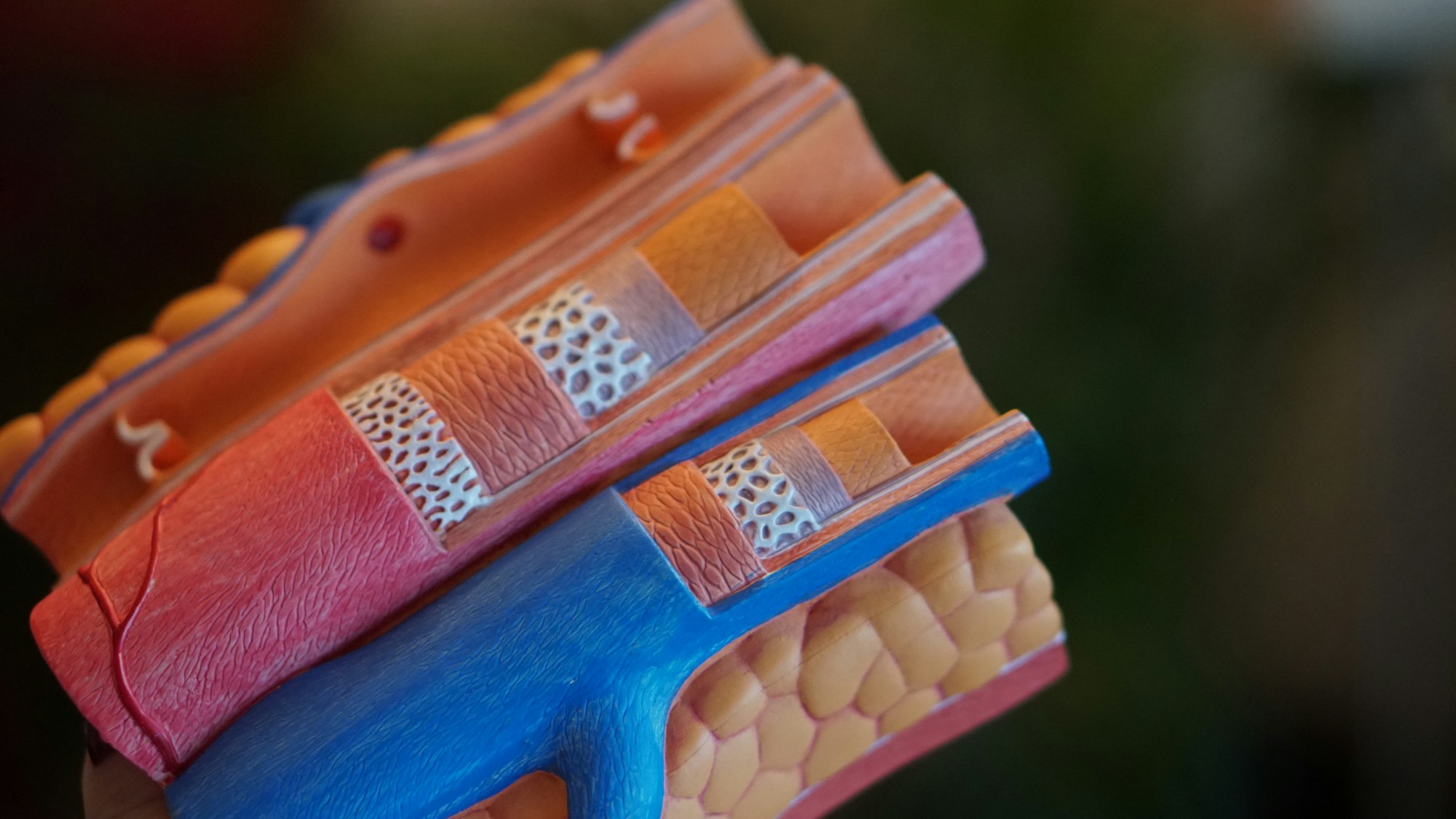
Last time, I wrote that we can still build our own momentum, even when things seem so out of control, and promised you some work-in-progress for my part of the I Am Not a Virus art project on COVID-related anti-Asian racism. Instead, I spent much of the last fortnight curled up in a ball. I wouldn’t stop talking about racism 20 years ago, but now I find that it just exhausts and overwhelms me. And although my general modus operandi these days involves finding strange wonder in the abyss, the prospect of distilling this particular topic into art has been a recipe for avoidance.
It took a firm-but-gentle call from my beloved companion (“So…” she says, “aren’t you supposed to be working on… some art?”) to bring me back into the land of accountability, and then to inspiration. Waiting for inspiration, as we all know, never works — as I learned from Nick Cave, being present and doing the work allows the excitement to arrive. So here’s where I’m up to on my piece, Release the Bats:
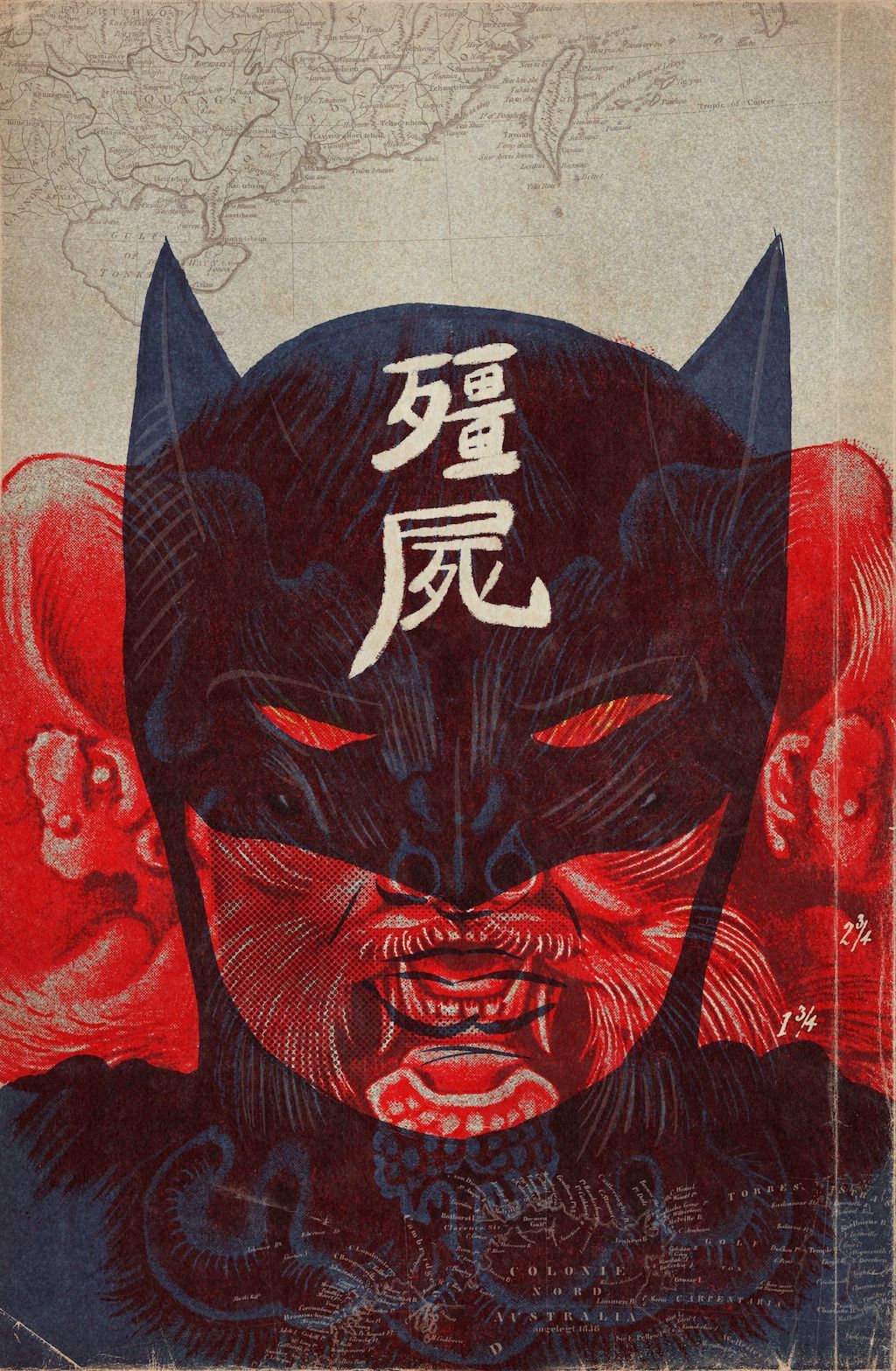
Because today is the deadline, I’m calling it done.
Impossible Thing is a newsletter that traces the unexpected connections and paradoxes I encounter in the worlds of creativity, design, social change and cultural politics, as I rethink what it means to maintain a critical and creative practice in forbidding times. I’m finding the journey both thorny and full of wonder.
I’m grateful that you’re following along. Terms like “design” and “politics” usually imply a very instrumental reshaping of the world, but I’m taking a more wayward and elliptical approach, skirting the edges of what it is to be intentional, which isn’t an easy sell. So I’d love it if you forwarded this to one other person you think might vibrate on the same frequency. And if someone’s done this very thing to you, I’d be honoured if you subscribed here.
Account-ability
Given the potential structurelessness that being a studio-of-one entails (it’s basically freelancing under a brand), I appreciate every opportunity for accountability that I can get, whether it’s about work or “personal life” — as if there’s a difference in this neoliberal, endocolonised lifeworld. And because I live on my own for most of each week, this also extends to literal housekeeping. A couple of years ago, I had an arrangement with my colleague Michelle (who recently presented at Design Research 2021 about how to generate actionable insights from user research, which you should of course check out): every so often, I would text her out of the blue with the following message: “I have done the dishes.” That’s it. Sometimes, without any warning, she would also ask, “Have you done the dishes?”.
At that time, the state of my kitchen was a very useful barometer for my entire life. And before we even consider the world of more formalised accountability partnerships, I just want to appreciate how great it is to consciously flag such a basic and ambient rolling status.
Have you “done the dishes” (whatever that might entail)? How are you checking in about that?
I hereby give you (yes, you) permission to email me at any time, declaring that you’ve done the dishes. No details. It can mean whatever you need it to mean. I will congratulate you.
Behind the Vampire
After my companion gave me the nudge I needed, things progressed quickly for Release the Bats: the majority of it was done in a couple of hours.
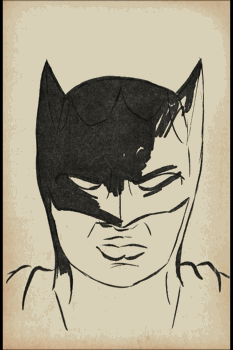
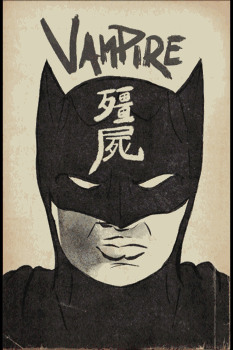
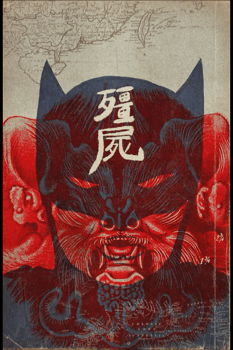
There was much done on the fly. This was the first time I’d used Procreate on the iPad for anything beyond random doodling, so there was a bunch of functionality I needed to learn. I enjoyed inking my self-portrait-as-Batman with True Grit Texture Supply’s Debaser brushes, but ended up abandoning my plan to use a completely faithful comics palette after discovering how delicious it was to recolour Ernst Haeckel’s zoological illustrations. I was astounded how “Chinese” Haeckel’s images became when reproduced in bright red: both in terms of awful stereotypes of Chineseness, but also in a weirdly empowering and celebratory way that really spoke to my own troubled relationship with my Chineseness. And completely by chance, this look also recalled a reference that kept reappearing in my early research: Eiko Ishioka’s Oscar-winning costumes for Bram Stoker’s Dracula (1992), which to me were instrumental in giving Dracula’s character his anti-heroic dignity.
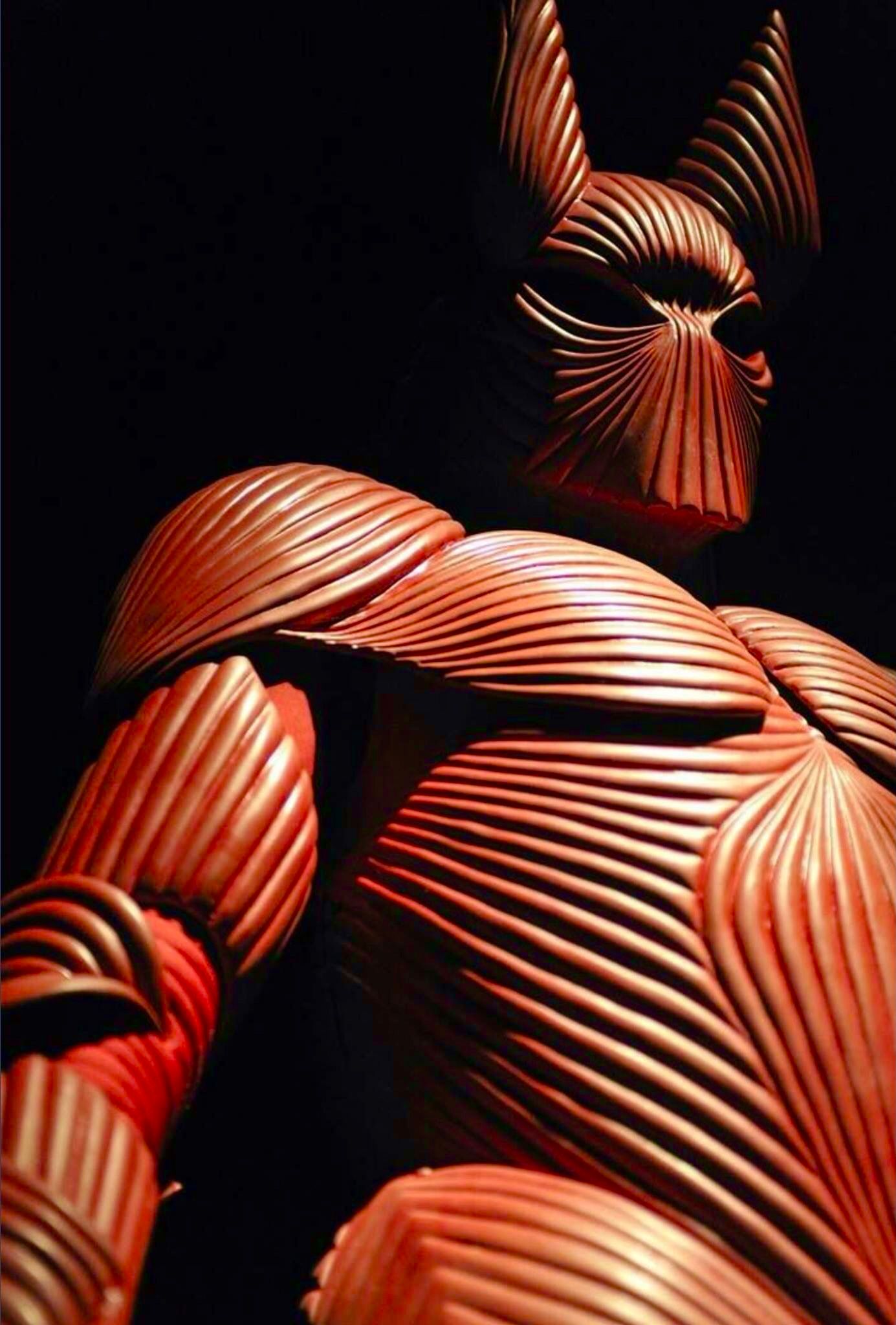
The time-lapse animated GIFs above (see the full process video here) also reveal that I decided to remove the English translation of the Chinese characters jiāng-shī / geung-si (殭屍), because when I finally saw it there, I decided that I was not particularly inclined to spoon feed (white) people right now. Do the work. Some stuff is opaque.
But anyway, because I’m not a particularly kinaesthetic person, a great deal of the conceptual work had already been done in my initial written proposal, and had been marinating ever since. A huge amount of my visual work is thinking work that I do with words. It feels satisfying to realise this, but also equally good to know that this kind of work will go nowhere unless it’s put in play with the friction of the final medium, and with the gathered momentum of practice.
“Can I give you some feedback?”
So despite my avoidance, all of this reaffirms to me that as bodies thrown cruelly across the universe, we can and must find opportunities to gather our own momentum and access our agency. Participating in feedback is a golden one. With feedback we can create our own vortices.
I’ve always lamented the absence of great mentors in my professional life. Flung into a group of underpaid designer contemporaries straight out of university, we had to make do with each other’s brilliance. And don’t get me wrong, it was great. The first systematic design project of my career, and still a highlight, was participating in the redesign of a well known music and pop culture magazine. My friend Meiying, who was the art director, had a penchant for ironically adding the suffix “-2000” to various words in casual conversation, and pushed for a “faded retrofuture” theme that would fit our pre-millennial times. And so with only our wits between us, we improvised an approach together, spending much of our time on the office floor and on the pavement, scavenging for scraps of discarded packaging and broken electronics that could inform our layout and typography.
As epic and punk as that experience was, I’m sure that even Meiying, in all her brilliance as a squad leader and senior comrade-in-arms, would agree that we could have benefitted from some early-career mentorship from someone more seasoned. It was only late in my career that I noticed that there were ways out of the bind of not having senior management who knew what they were talking about — I met people in my field who’d actively recruited external, independent mentors for themselves. Hint: please do this. My head slowly exploded when I realised that this was a thing.
When I became a creative director, those of you whom I directed (👋) will no doubt recognise that I was still more of a squad leader and senior comrade-in-arms than senior management, partly because it was what I knew and loved. One managerly thing I did manage to do, though, was provide feedback — something I’d rarely received myself. By “feedback”, I don’t mean the brutal Netflix HR culture of completely “transparent” and unvarnished “honesty” that brainwashes people into believing that each day they’re not fired is a miracle. (For all the startup-culture blather about “psychological safety for teams”, the undergirding neoliberal hypocrisy of such regimes is staggering.) No, I’m talking about the more boring Manager Tools™ flavour of feedback, which contains less neoliberal bullshit (and actually seems to have military origins). You’ll recognise the pattern:
“Hey Sash, can I give you some feedback?”
“Uh… okay?”
“When you put in the effort to work on strong storytelling before presentations, people don’t ask as many dumb questions, and we reach consensus faster. Nice one.”
An expression of collective joy in the vortex.
“Hey Sash, can I give you some feedback?”
“Well… am I going to say no?”
“I guess not. So, when you hold on to your ideas for too long without showing them to the rest of the team, everybody gets stressed out. It doesn’t matter if it’s brilliant work, because most of time it is, but it still throws us all off our game.”
Collective pain.
Do this at any time. Do it kindly. This is called feedback. Micromanagement, on the other hand, happens when there’s no real feedback, just the endless iterations that happen when you’re using someone else as your pair of hands to achieve that perfectionist thing in your head that you can’t communicate. Ahem. Hint: don’t do that, and if it happens to you, walk away.
But perhaps before you walk away, make sure you have a good cache of spectacular references — something else I always made a point to do for junior staff. The references I’ve written for people spreading their wings have always been over the top, and it’s my good fortune that they’ve always been 100% true.
Feed Me
I mentioned last time how valuable other people’s encouragement has been for my visual art lately. I have a similar story about writing.
For me, writing is the absolute worst. As I noted above, I can only knead my thoughts properly into shape after they’re in full sentences on a screen, and those draft sentences are torture to produce, let alone reshape in the editing process.
A huge reason I’m able to write with any confidence at all these days is down to a chance encounter 14 years ago with the renowned scholar Lauren Berlant, whose work on feelings, sexuality and public space I mentioned last year, and greatly admire. A surly postgrad in those days, I’d made a t-shirt satirising the newly neoliberalised university, which encouraged young academics with no job security to “cultivate an affable persona” in order to get ahead (yep — actual, hilarious words spoken by senior faculty):
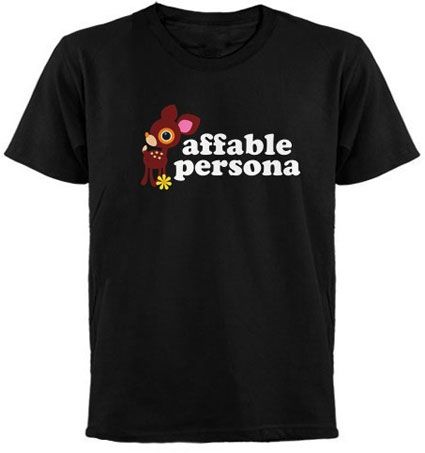
Berlant somehow bought the shirt from my online store, I had a fangasm, and we began corresponding. We caught up in person when Lauren visited Australia for a seminar at ANU, and afterwards we went on a stroll though the campus before I caught the bus back to Sydney. My eyes were like saucers as we chatted: Lauren had grown up in a fucking commune, and in their spare time produced stickers that read, “DEPRESSED? IT MIGHT BE CAPITALISM”. I opened up about my struggles with writing my dissertation, and begged for advice.
“But Ben,” said Lauren gravely, “you’re a better writer than I am.”
I didn’t actually believe it — Lauren’s many books are brilliant — but I also knew it wasn’t empty flattery, either. I therefore believed it a tiny bit. Lauren knew that my potential was in danger of being eclipsed by my doubt, and gave me the gift of momentum. This in turn gave me the security later in my career to tell younger practitioners that they, too, were better than I at many things. “You’ll have my job soon,” I’d say to my designer protégés, and I’d mean it. I’d also tell juniors to ask people in other disciplines for critique when I knew it’d trump mine: “You know that Chris [our lead engineer at the time] is secretly a better UX designer than me, don’t you? Ask him.” And it only works when you already have self-belief in that department — despite my shyness, I’m the guy who tells clients, “If you say things like ‘I don’t like it,’ you’re not being a very good client” — otherwise, who would believe you?
It really doesn’t take much to give that gift. When you meet someone actually promising who needs confidence, give them some encouragement. Like Lauren, help cultivate someone’s agency, and reveal the beauty of the universe. Life’s too short when we’re all getting crushed in a black hole.
A sustainable portion of all my love,
Ben
